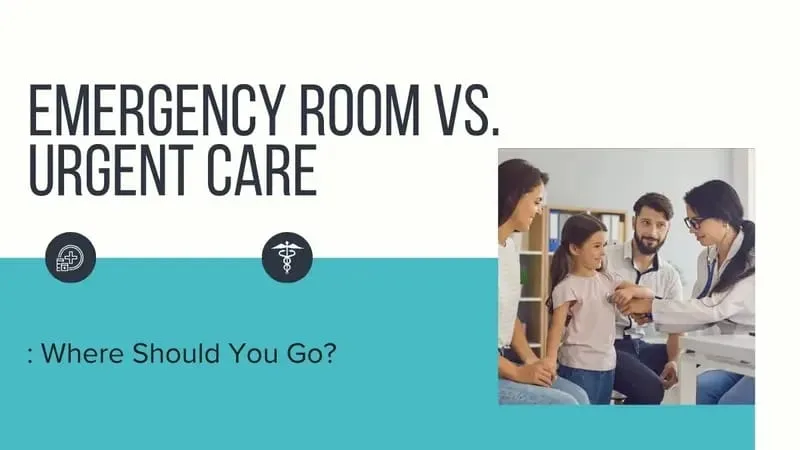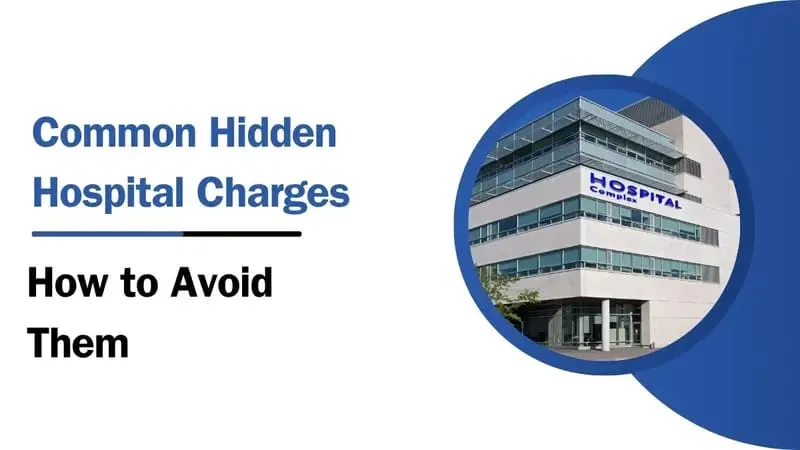Choosing the right hospital can often feel overwhelming, especially when health decisions carry significant consequences for both patients and their families. With the variety of healthcare institutions available today, it’s not just about finding the nearest option – it’s about ensuring the best quality of care. Patients must be mindful of several considerations before putting their trust in a hospital. This article highlights the key factors that can help patients make informed choices when comparing healthcare facilities.
Hospital Reputation and Accreditation
One of the first aspects to check while evaluating hospitals is their reputation. Hospitals with long-standing trust, credible reviews, and consistent healthcare excellence often stand out in terms of service quality. A hospital’s accreditation is another critical factor. In most countries, national and international boards award certifications that signify adherence to high medical standards. Healthcare accreditation not only ensures quality practices but also demonstrates compliance with patient safety protocols. Checking for recognition from boards like NABH, JCI, or ISO helps confirm a hospital’s credibility and reliability.
Quality of Doctors and Specialists
The experience of doctors and availability of specialists play a crucial role in patient outcomes. Before selecting a hospital, patients should look into the qualifications and track record of its physicians and surgeons. Hospitals with specialized departments in cardiology, oncology, neurology, and other critical care services demonstrate readiness to handle diverse medical conditions. Access to multidisciplinary teams and senior consultants ensures patients don’t just get treatment but also a comprehensive approach to recovery.
Advanced Medical Infrastructure
When comparing hospitals, the availability of modern medical equipment, diagnostic technologies, and surgical advances should not be overlooked. Facilities with state-of-the-art ICUs, emergency care units, robotic surgery options, and advanced imaging technologies deliver precision in treatment. A hospital’s capacity to handle critical situations through 24×7 emergency services, upgraded operating theaters, and specialized intensive care support defines its readiness for complex cases. Patients should always prioritize hospitals with advanced infrastructure and high-end labs that provide timely and accurate test results.
Range of Treatments and Services
Patients should review the range of treatments available in a hospital before making a choice. A good hospital provides preventive, curative, and rehabilitative services. Facilities offering wellness programs, physiotherapy centers, organ transplant units, and dedicated cancer or heart care centers provide a holistic healthcare experience. Hospitals that combine modern treatments with preventive health checkups ensure that patients receive both immediate and long-term care solutions. A variety of specialized services under one roof saves both time and stress for patients and their families.
Patient Safety and Hygiene Standards
Another crucial factor that distinguishes hospitals is their patient safety protocols. Infections acquired during hospital stays remain a global concern. That’s why it is vital to compare hospitals on their cleanliness, sterilization standards, and infection control measures. High-ranking hospitals are transparent about their patient safety record and infection rates. By adhering to strict hygiene practices, such hospitals minimize risks during surgeries, admissions, and post-recovery care. Patients should pay attention to the overall hospital environment – from emergency wards to waiting lounges – as it reflects the institution’s commitment to safety.
Cost Transparency and Affordability
Cost continues to be one of the most decisive factors for patients. A leading hospital may offer cutting-edge care, but without transparent pricing it can create financial stress. Before admission, patients should always request an estimate of treatment expenses, including surgery costs, consultation fees, medication, diagnostic tests, and hospital stay charges. Some hospitals provide cost packages for surgeries or treatments, which help in financial planning. Institutions that also assist with health insurance tie-ups or provide direct cashless settlement significantly reduce the burden on patients.
Availability of Emergency and Critical Care
Quick response during emergencies can save lives. Thus, when comparing hospitals, patients should check for round-the-clock emergency services and well-trained trauma response teams. Hospitals with fully equipped ambulances, advanced cardiac life support systems, and experienced critical care specialists mark themselves as superior in handling medical crises. Patients must ensure that the chosen healthcare facility has a dependable emergency care system that is swift, advanced, and efficient.
Patient Experience and Feedback
Real patient experiences often speak volumes about a hospital’s quality. Feedback available through word-of-mouth, hospital websites, review forums, or patient support groups offer valuable insights. Hospitals that consistently receive positive reviews on doctor interaction, nursing services, waiting times, and staff friendliness often establish higher service standards. Patient-centric hospitals focus not just on treatment but also on compassion, communication, and overall comfort during hospitalization. Taking time to analyze genuine patient testimonials is critical before making a final decision.
Location and Accessibility
While healthcare quality is the top priority, location matters when time is critical. A hospital situated at a convenient distance with smooth accessibility through roads, airports, or public transport is always more beneficial. During emergencies, travel delays can cost lives, making proximity an essential factor. Additionally, hospitals located in well-connected areas with nearby accommodation for families reduce stress for caregivers and loved ones.
Final Thoughts
Comparing hospitals demands a balanced assessment of several important aspects – from doctor expertise and medical infrastructure to patient safety, cost, and overall care experience. No single factor should guide the decision alone; instead, patients must make a holistic evaluation to match their medical needs with the hospital’s strengths. A well-informed approach not only assures quality treatment but also peace of mind.
Disclaimer: The information provided in this article is for educational and awareness purposes only. It should not replace medical advice or emergency healthcare services. Patients are encouraged to consult with qualified professionals before making healthcare decisions.












